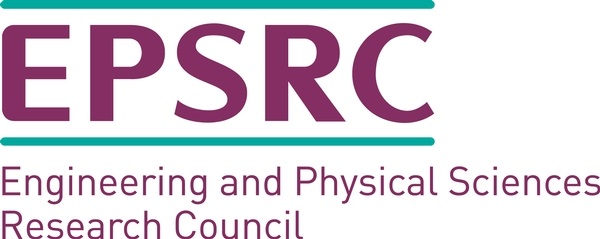About
A wealth of world-leading international research is aimed at addressing the global challenges of energy (both generation and storage), climate change and the problems associated with finding sustainable methods to meet our increasing energy demands. Much of this effort focuses on making existing technology more robust, efficient and cheaper or discovering new methods to convert, store and transmit renewable energy. For engineers, chemists, biologists and physicists working within the confines of their own research fields, it is impossible to recognise all of the key problems for given energy system.
NECEM-RENU from Roots and Wings on Vimeo.
These problems present on an extremely broad range of length scales (nm-m) and consequently calls for significantly more collaboration between the physical science and engineering to transmit the success of new materials discovery and understanding of the behaviour of these new materials to achieve durable, efficient, sustainable and manufacturable energy systems.
The North East Centre for Energy Materials (NECEM), formed between the universities of Newcastle, Durham and Northumbria, seeks to unite the broad range of expertise present at the three sites to tackle a grand challenge of energy materials and will make it possible to cooperate widely with local, national and international industry. The main focus of NECEM will be to address one of the most fundamentally critical elements of all energy systems, namely the interfaces between the materials within it and their interaction with the environment in which they operate. NECEM aims to be a world-leading programme on the understanding and manipulation of such interfaces in energy materials. The vision is to identify, exploring our unique blend of materials discovery, analysis techniques and energy applications new approaches operating over the full range of length scales (nm-m) that overcome existing limitation, such as corrosion, charge trapping, marine fouling. By addressing previously unexplored directions NECEM has the ability to provide an urgently needed step change in the science and engineering of materials that use, generate and store energy more efficiently.
The assets for NECEM include the breadth of expertise within marine energy (tidal and wave energy), solar (photovoltaic and solar fuels by photoelectrochemistry), fuel cells (hydrogen and alcohol based, also enzymatic and microbial), energy storage (Li-Ion, redox flow batteries), biomass (gasification, fermentation and direct conversion to heat or even electricity) and local smart grid structure (with concurrent production and consumption of renewable energy).
We invite the Energy Materials community to engage with our centre to access this expertise and our unique blend of surface processing and characterisation techniques distributed across the three sites. Probing and manipulating processes occurring at surfaces and interfaces is exceptionally complex but by combining our state-of-the-art facilities, which are ideal for this challenge, and our expertise in modelling behaviour in materials to compete systems, we can drive the development of new durable, efficient and sustainable energy solutions.
We are geared towards cooperation with other centres in the UK in order to be able to cover a broad portfolio of all relevant energy materials problems. The centre has the strong advantage of close proximity and brings together expertise from neighbouring universities in the North East of England.










